
Search history
Clear allSearch by image
XDrag and drop an image here or upload an image
Max 5MB per image
UploadSign In | Join

Search history
Clear allSearch by image
XDrag and drop an image here or upload an image
Max 5MB per image
UploadSign In | Join
X Email Mobile
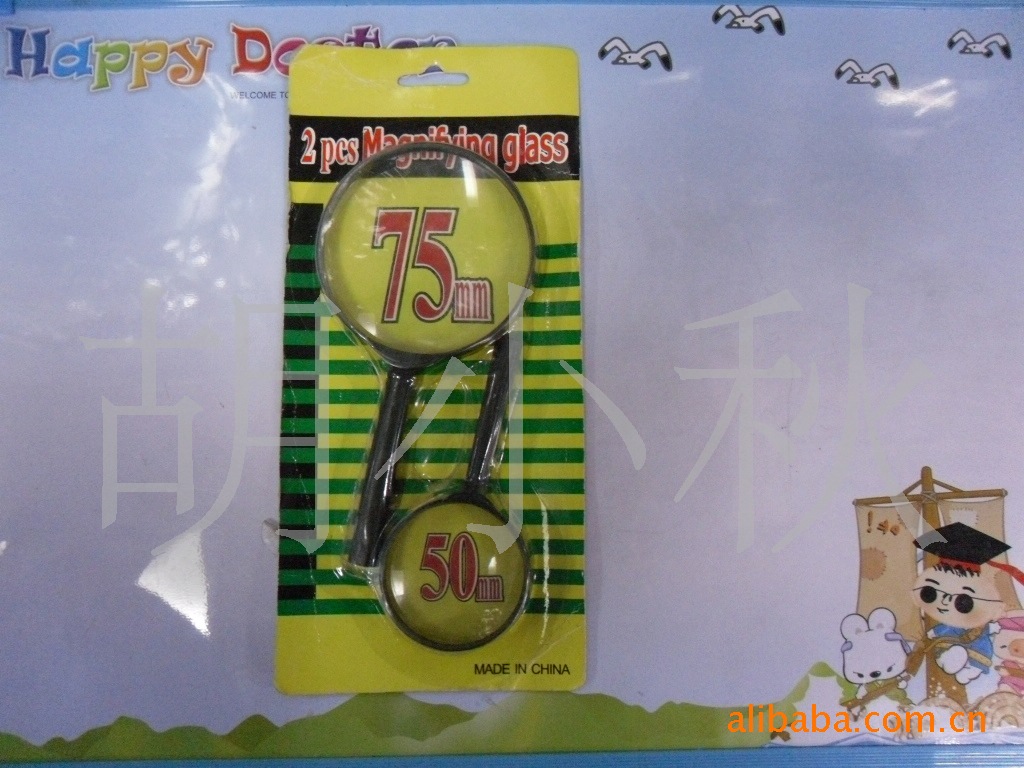
[Color]: As shown in the figure
[Material]: Plastic handle + high-grade glass lens
[Features]: Elegant and Simple
[Packing]: Color box 12 pieces per inner box, 144 pieces per carton. Outer box size
49X38X40 |
[Function]: Local magnification, reading newspapers, collecting stamps, appreciating calligraphy and painting, etc.
[Size]: 75+50mm magnifying glass
[Usage Method]: Hold the magnifying glass in your right hand, ensuring that the lens is parallel to your line of sight. (The best condition is when the distance is clear and the magnification is maximum.) With your left hand, hold the object you want to observe against the light source and slowly move it towards the lens. When moving the object to be identified, find the observation position, and the effect will be very obvious.
[Imaging Principle]: Optical lenses made of curved-surface glass or other transparent materials can magnify objects and form images, as shown in the optical path diagram in Figure 1. For objects AB within the focal point F of the object, with a size of y, they are magnified into an imaginary image A'B' of size y'.
Magnification of a magnifying glass
Γ=250/f'
In the formula, 250 represents the distance at which the object can be clearly seen, measured in millimeters.
f' -- magnifying glass focal length, in units of mm
The magnification refers to the ratio of the angle of view of an object observed with a magnifying glass at a distance of 250mm to the angle of view of the same object observed without a magnifying glass.

[Color]: As shown in the figure
[Material]: Plastic handle + high-grade glass lens
[Features]: Elegant and Simple
[Packing]: Color box 12 pieces per inner box, 144 pieces per carton. Outer box size
49X38X40 |
[Function]: Local magnification, reading newspapers, collecting stamps, appreciating calligraphy and painting, etc.
[Size]: 75+50mm magnifying glass
[Usage Method]: Hold the magnifying glass in your right hand, ensuring that the lens is parallel to your line of sight. (The best condition is when the distance is clear and the magnification is maximum.) With your left hand, hold the object you want to observe against the light source and slowly move it towards the lens. When moving the object to be identified, find the observation position, and the effect will be very obvious.
[Imaging Principle]: Optical lenses made of curved-surface glass or other transparent materials can magnify objects and form images, as shown in the optical path diagram in Figure 1. For objects AB within the focal point F of the object, with a size of y, they are magnified into an imaginary image A'B' of size y'.
Magnification of a magnifying glass
Γ=250/f'
In the formula, 250 represents the distance at which the object can be clearly seen, measured in millimeters.
f' -- magnifying glass focal length, in units of mm
The magnification refers to the ratio of the angle of view of an object observed with a magnifying glass at a distance of 250mm to the angle of view of the same object observed without a magnifying glass.

[Color]: As shown in the figure
[Material]: Plastic handle + high-grade glass lens
[Features]: Elegant and Simple
[Packing]: Color box 12 pieces per inner box, 144 pieces per carton. Outer box size
49X38X40 |
[Function]: Local magnification, reading newspapers, collecting stamps, appreciating calligraphy and painting, etc.
[Size]: 75+50mm magnifying glass
[Usage Method]: Hold the magnifying glass in your right hand, ensuring that the lens is parallel to your line of sight. (The best condition is when the distance is clear and the magnification is maximum.) With your left hand, hold the object you want to observe against the light source and slowly move it towards the lens. When moving the object to be identified, find the observation position, and the effect will be very obvious.
[Imaging Principle]: Optical lenses made of curved-surface glass or other transparent materials can magnify objects and form images, as shown in the optical path diagram in Figure 1. For objects AB within the focal point F of the object, with a size of y, they are magnified into an imaginary image A'B' of size y'.
Magnification of a magnifying glass
Γ=250/f'
In the formula, 250 represents the distance at which the object can be clearly seen, measured in millimeters.
f' -- magnifying glass focal length, in units of mm
The magnification refers to the ratio of the angle of view of an object observed with a magnifying glass at a distance of 250mm to the angle of view of the same object observed without a magnifying glass.
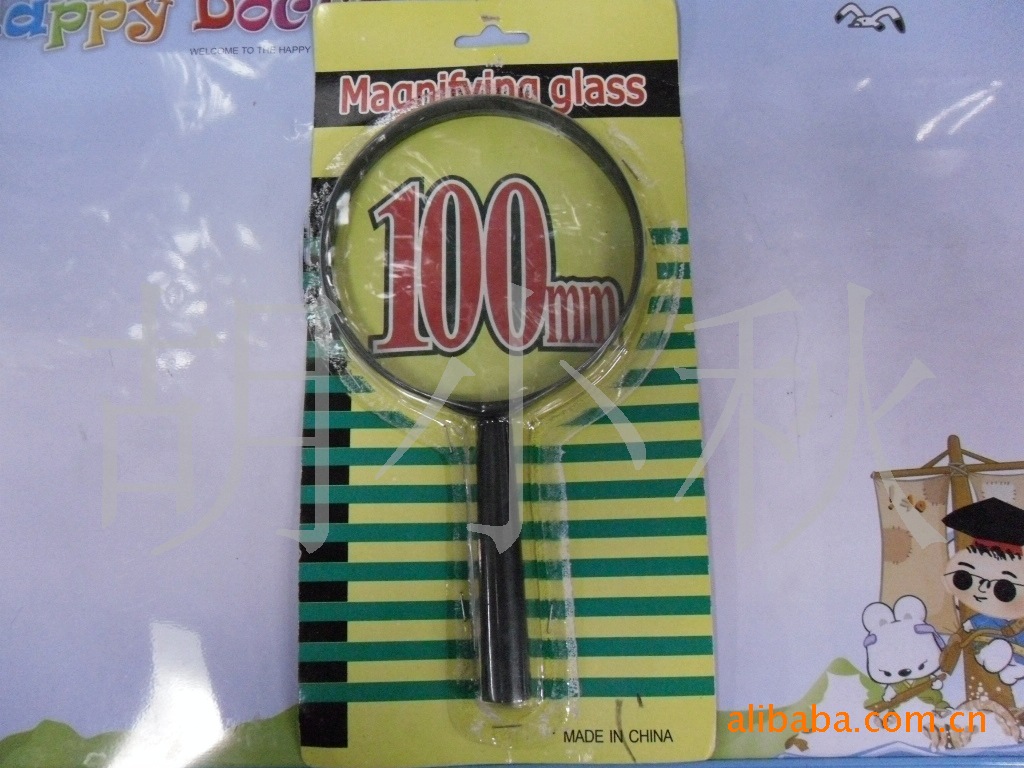
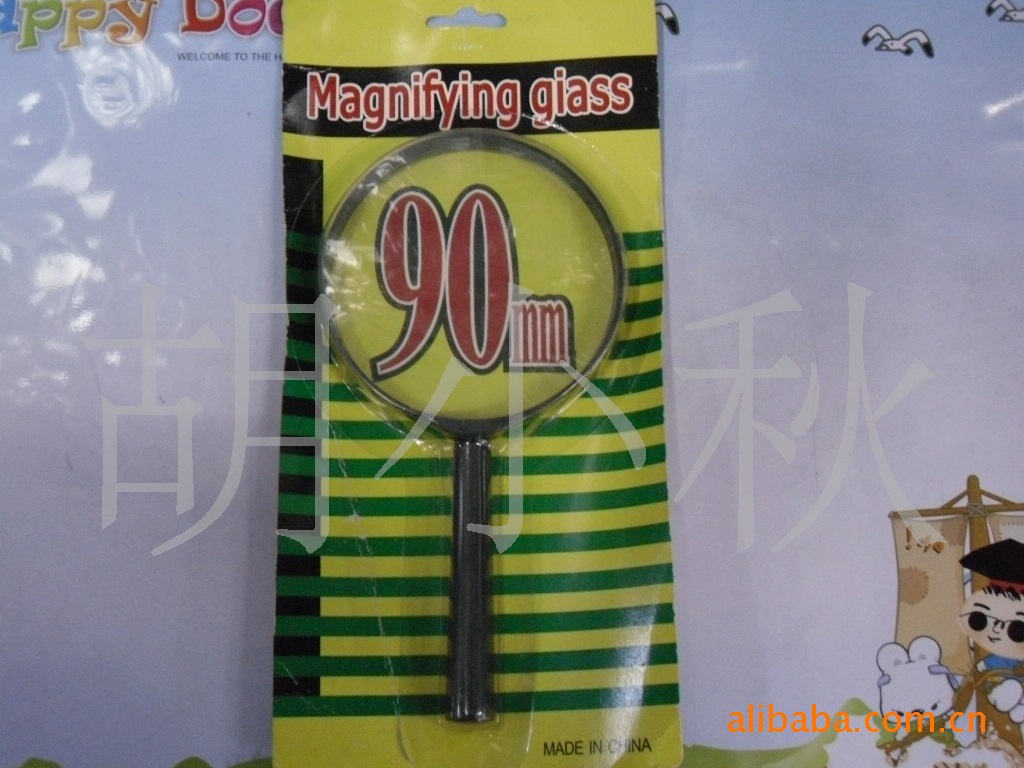
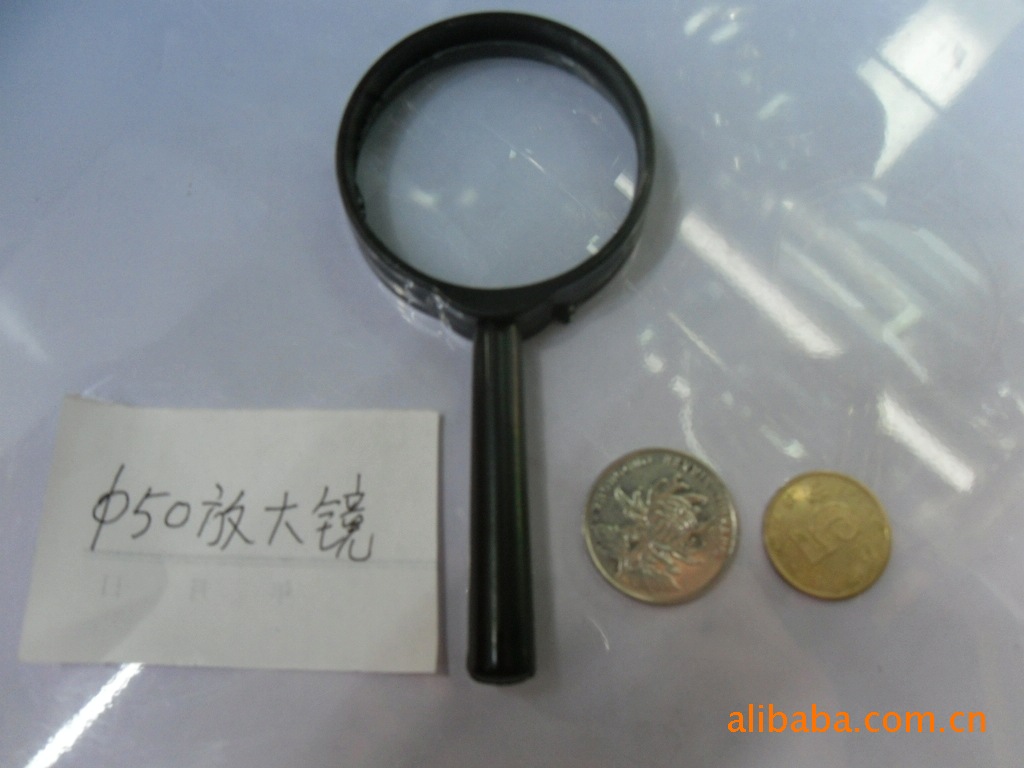
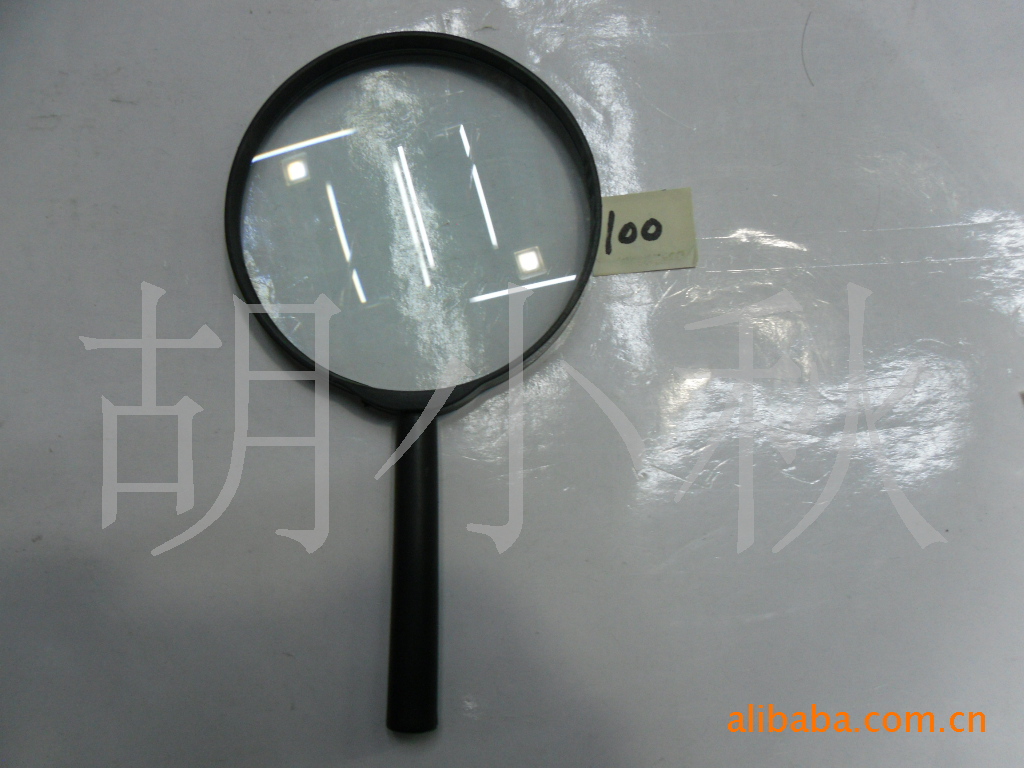
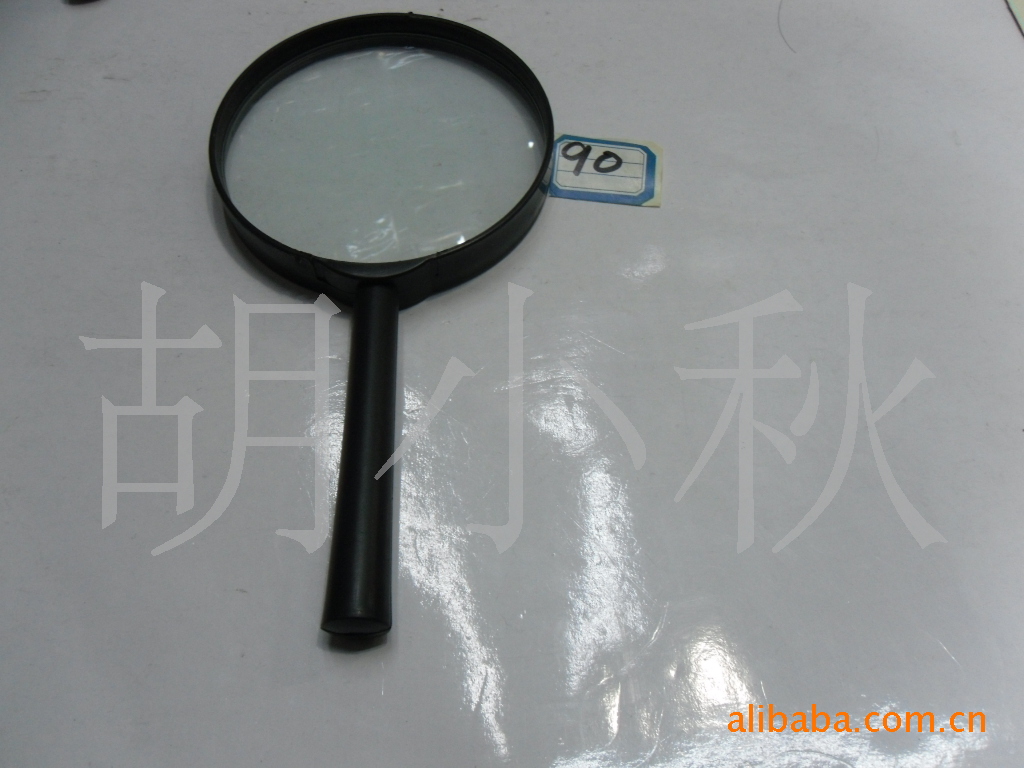
Update time:
TOP